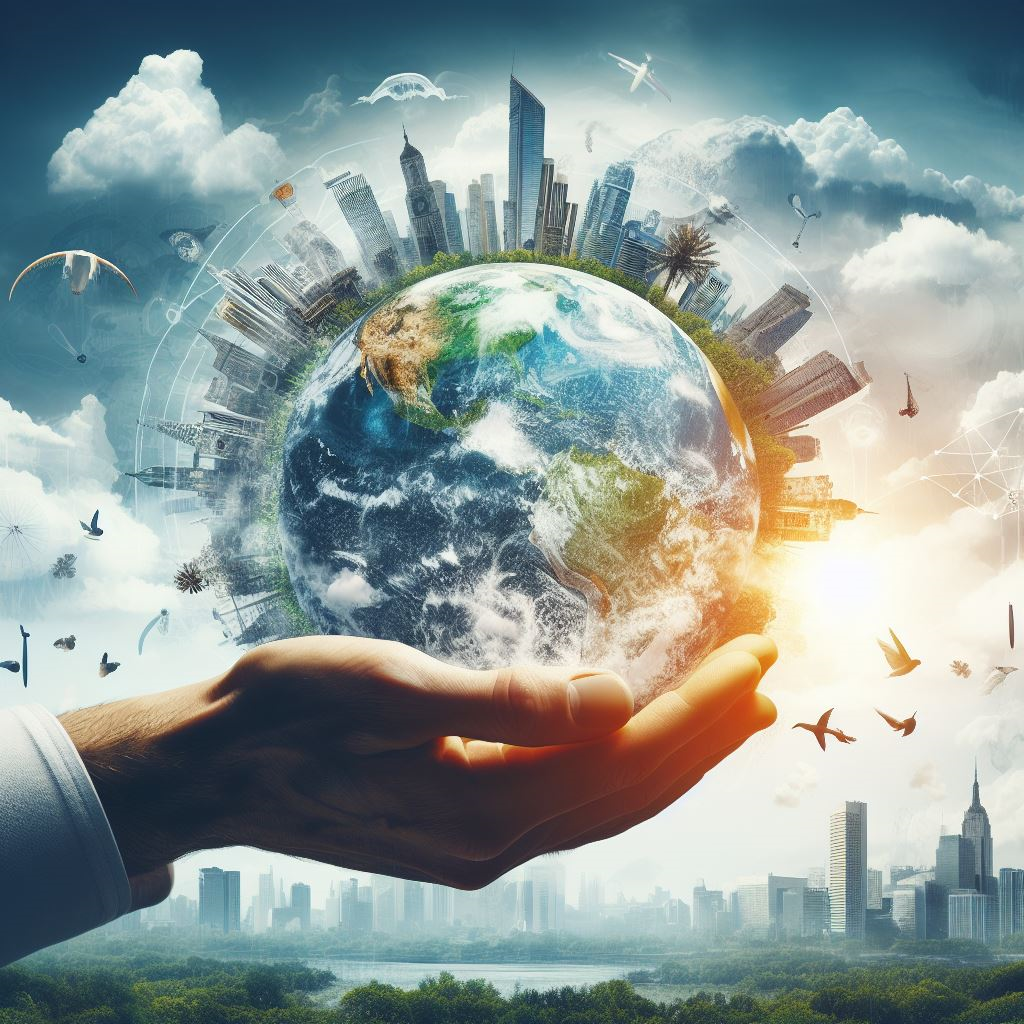
Introduction:
Climate change is a global crisis that affects every corner of our planet. It is no longer a future concern but a present reality. The consequences of climate change are becoming increasingly evident, impacting our environment, economies, and societies in profound ways. In this article, we will explore the various effects of climate change, from rising temperatures and extreme weather events to the far-reaching consequences for ecosystems and human life.
- Rising Temperatures:
One of the most immediate and noticeable effects of climate change is the rise in global temperatures. Average temperatures are increasing, leading to more frequent and prolonged heatwaves. Extreme heat not only threatens human health but also disrupts ecosystems, agriculture, and water resources. It is a critical factor in the spread of diseases and can exacerbate air pollution.
- Extreme Weather Events:
Climate change is intensifying extreme weather events, such as hurricanes, droughts, floods, and wildfires. Hurricanes are becoming more powerful and destructive, while droughts and wildfires are increasing in frequency and severity. These events lead to property damage, displacement of communities, and loss of lives.
- Sea-Level Rise:
As global temperatures rise, the polar ice caps and glaciers are melting, causing sea levels to rise. Sea-level rise is a major concern for coastal communities, as it can lead to flooding and erosion, threatening homes, infrastructure, and even entire islands. Low-lying coastal areas are particularly vulnerable.
- Ocean Acidification:
The world’s oceans are absorbing excess carbon dioxide from the atmosphere, leading to ocean acidification. This affects marine life, especially coral reefs and shellfish, which rely on calcium carbonate to build their shells and skeletons. Ocean acidification disrupts marine ecosystems and fisheries, impacting food security and livelihoods.
- Biodiversity Loss:
Climate change disrupts ecosystems and habitats, causing shifts in species distribution and migration patterns. Some species may struggle to adapt or find new suitable environments, leading to biodiversity loss. This has cascading effects on food chains and ecosystems, with potential consequences for human agriculture and food resources.
- Agricultural Challenges:
Changing weather patterns, extreme heat, and shifting precipitation can impact crop yields and food production. Droughts and floods can destroy crops, leading to food scarcity and increased prices. Climate change also affects the distribution and prevalence of pests and diseases in agriculture.
- Health Impacts:
Climate change exacerbates health risks, including heat-related illnesses, infectious diseases, and respiratory problems due to air pollution. Vulnerable populations, such as children, the elderly, and those with preexisting health conditions, are particularly at risk.
- Displacement and Migration:
Rising sea levels, extreme weather events, and food insecurity can force communities to migrate and displace. This poses a challenge not only for the affected populations but also for the receiving regions, leading to potential conflicts and humanitarian crises.
Conclusion:
The effects of climate change are far-reaching and demand immediate attention and action. We are at a critical juncture where mitigating the impacts of climate change and adapting to a changing world are paramount. Governments, businesses, communities, and individuals must work together to reduce greenhouse gas emissions, transition to renewable energy sources, and implement sustainable practices. By understanding the effects of climate change, we can better appreciate the urgency of our collective response and take meaningful steps toward a more sustainable and resilient future for our planet and future generations.